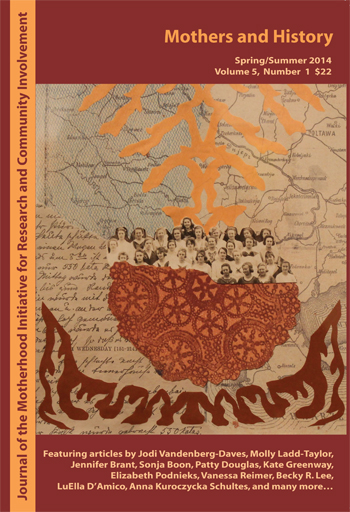“The Baby Became Horrible”: The Traumatized Adolescent Mother in Elizabeth Stuart Phelps’ 1870 Reforn Novel, Hedged In
Abstract
In her 1870 novel, Hedged In, Elizabeth Stuart Phelps explores the painful psychological underpinnings that social and historical constraints imposed on unwed adolescent mothers, interrogating the widespread belief that these fallen girls could never recover from their pasts. Through her character of abandoned and pregnant fifteen-year-old Nixy Trent, Phelps shows her middle-class audience the story of a young woman who overcomes her past and becomes an upstanding member of her community, transforming from unwed mother to respected teacher. Yet Nixy’s story isnot a resounding success: the youthful heroine suffers severe emotional trauma akin to that of contemporary sufferers of PTSD, and this essay argues that her mental illness ultimately kills her, eliminating the collective good that she otherwise could have offered those around her. Thus, Phelps suggests that social standards simply refusedto keep pace with the reform she felt the United States as a whole must undergo toaid teen mothers in their emotional healing processes. She further seems to hope that Nixy’s story would stir her readers to reconsider their ill treatment of these young women and thereby offer faith in these girls’ abilities to change rather than persistently chastising (and, in essence, retraumatizing) them for pasts that could never be erased.Downloads
Published
How to Cite
Issue
Section
License
All intellectual property in relation to material included on this site belongs to the Motherhood Initiative for Research and Community Involvement (MIRCI). All material on this site is protected by Canadian and international copyright and other intellectual property laws. Users may not do anything which interferes with or breaches those laws or the intellectual property rights in the material. All materials on the Motherhood Initiative for Research and Community Involvement (MIRCI) are copyrighted and all rights are reserved. Any reproduction, modification, publication, transmission, transfer, sale, distribution, display or exploitation of the information, in any form or by any means, or its storage in a retrieval system, whether in whole or in part, without the express written permission of the Motherhood Initiative for Research and Community Involvement (MIRCI) is prohibited. Please contact us for permission to reproduce any of our materials. This site may include third party content which is subject to that third party's terms and conditions of use.


